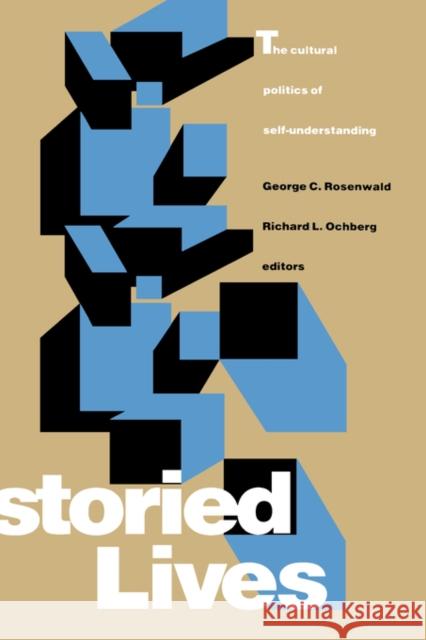Storied Lives: The Cultural Politics of Self-Understanding » książka
Storied Lives: The Cultural Politics of Self-Understanding
ISBN-13: 9780300054552 / Angielski / Twarda / 1992 / 336 str.
"The stories people tell about themselves are interesting not only for the events and characters they describe but for something in the construction of the stories themselves. The ways in which individuals recount their histories--what they emphasize and omit, their stance as protagonists or victims, the relationship the story establishes between teller and audience--all shape what individuals can claim of their own lives. Personal stories are not merely a way of telling someone (or oneself) about one's life; they are the means by which identities may be fashioned."--from the Introduction
In this provocative book, psychologists, anthropologists, and sociologists analyze interviews with a range of subjects--a minister who uses the death of his son to reaffirm his identity as a man of God, women who have given up their children at birth for adoption and who blame society for their action, Holocaust survivors, a victim of marital rape, and many others. Together these studies suggest a new way of thinking about autobiographical narratives: that these life stories play a significant role in the formation of identity, that the way they are told is shaped (and at times curtailed) by prevalent cultural norms, and that the stories--and at times the lives to which they relate--may be liberated from their psychic and social constraints if the social conditions of story telling can be critically engaged. Presenting a wide range of life stories, these studies demonstrate how "telling one's life" has the potential to clarify or mystify one's commitments and to animate or encumber one's future development.











